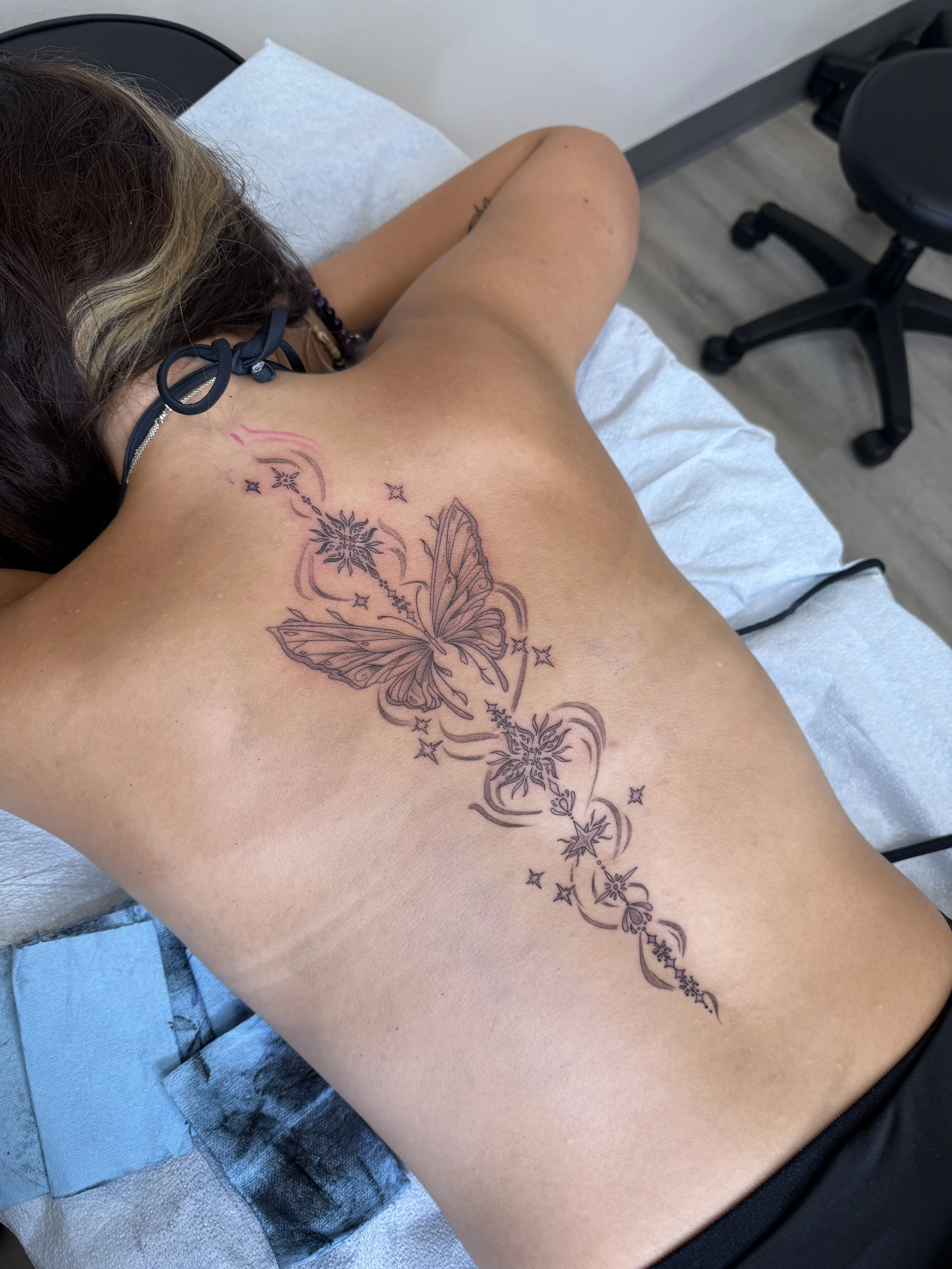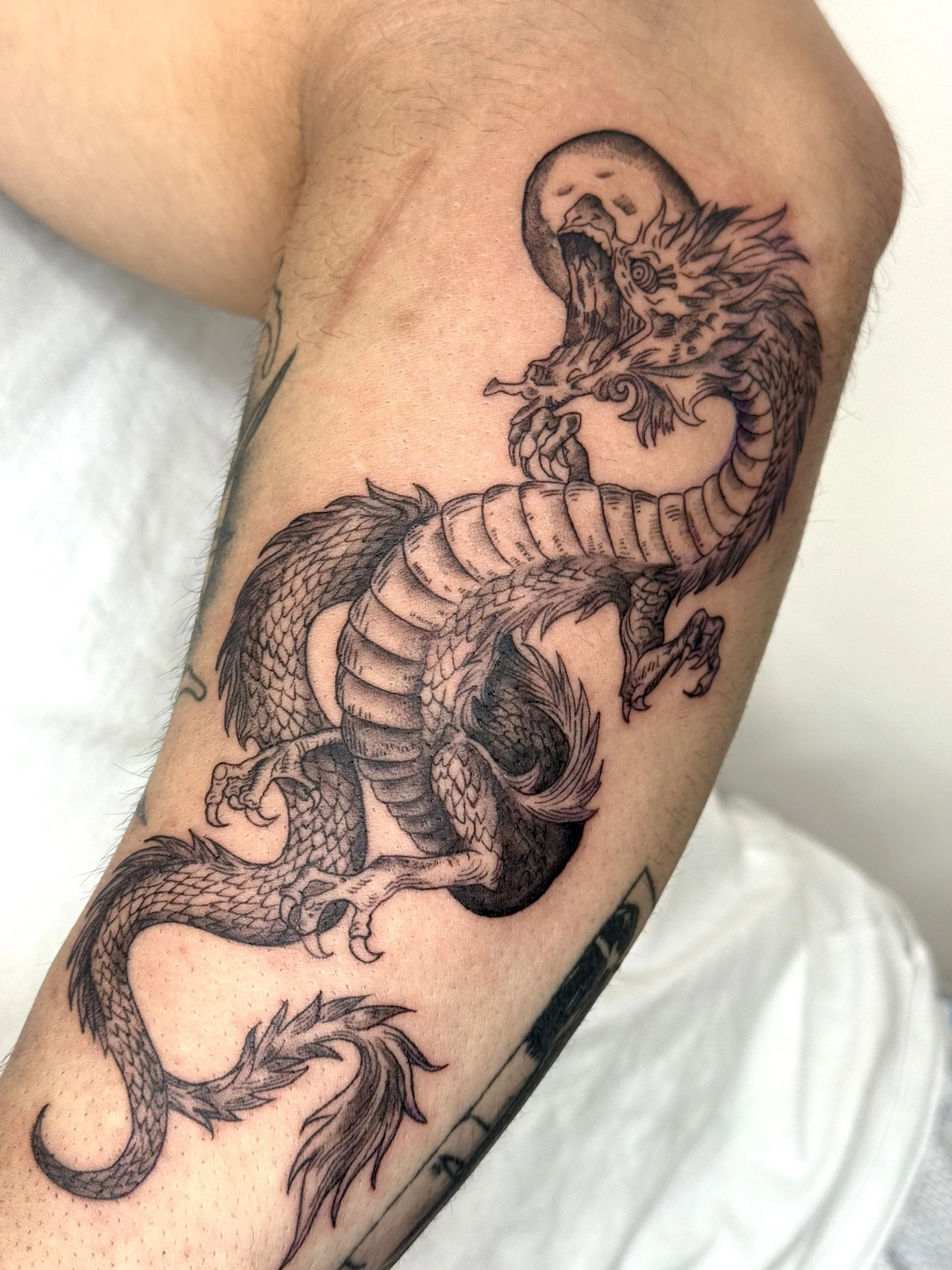What Age Can I Get A Tattoo?
Getting your first tattoo is an exciting milestone, but navigating the complex web of age requirements can be confusing. With tattoo popularity soaring among young adults—32% of Americans aged 18-29 have at least one tattoo according to Pew Research—understanding when you can legally get a tattoo is crucial for anyone planning their first piece of body art.
The answer to “what age can I get a tattoo” isn’t as straightforward as you might expect. While most people assume 18 is the universal minimum age, the reality involves a patchwork of state laws, parental consent provisions, and individual studio policies that vary dramatically across the United States.
This comprehensive guide will walk you through everything you need to know about tattoo age requirements, from state-by-state legal restrictions to the practical steps for getting your first tattoo legally and safely.
Legal Minimum Age for Tattoos in the United States
The minimum age to get a tattoo in the United States is primarily governed by state law rather than federal regulations. Most states require you to be 18 years old to get a tattoo without any additional requirements, but the landscape becomes more complex when examining parental consent provisions and state-specific variations.
Currently, no federal laws regulate tattoo age requirements, meaning each state sets its own rules regarding when someone can legally receive tattoos. This decentralized approach has created significant variation across state lines, with some states maintaining strict 18+ policies while others allow tattooing minors under specific circumstances.
States like California, Texas, and South Carolina strictly require individuals to be 18 years old with no exceptions for parental consent. These states have determined that the permanent nature of tattoos and associated health risks warrant waiting until full legal adulthood before allowing anyone to get a tattoo.
Conversely, states including Florida, Idaho, Kansas, Louisiana, and Michigan permit tattoos at 16 with proper parental authorization. These states recognize that with adequate safeguards—including written parental consent, guardian presence, and proper documentation—older teenagers can make informed decisions about body art.
The variation in state laws means that someone who cannot get a tattoo in California at 17 might be legally allowed to receive one just across the border in Nevada, highlighting the importance of checking local laws before making any decisions.
Hawaii Tattoo Age Requirements
Hawaii has its own specific rules regarding tattooing minors. Under Hawaii state law, individuals must be 18 years old to get a tattoo without any additional requirements. However, minors under 18 can legally receive a tattoo if certain conditions are met.
In Hawaii:
A minor may be tattooed only with the written consent of a parent or legal guardian, and the parent or guardian must be physically present during the tattoo procedure.
Both the parent/guardian and the minor are typically required to present valid identification to verify age and relationship.
The tattoo artist must keep the signed consent form on file as part of their client records.
It’s also important to note that while state law permits tattooing minors with parental consent, individual tattoo studios often impose stricter rules. Many reputable shops in Hawaii set their own minimum age, often 16 or older, regardless of parental permission, to maintain safety and professional standards.
Because shop policies vary, it’s always best to call ahead and confirm requirements before scheduling an appointment.
Why Age Restrictions Exist for Tattoos
Tattoos represent permanent body modifications that last a lifetime, making them fundamentally different from other forms of self-expression available to young people. Unlike clothing styles, hairstyles, or temporary body art, tattoos require significant commitment and forethought.
The financial and physical cost of tattoo removal underscores this permanence. Laser tattoo removal typically costs $200-$1,000+ per session and requires 6-12 treatments spread over 18-24 months. The removal process is often more painful than getting the original tattoo and may leave scarring or permanent discoloration.
Age restrictions help prevent impulsive decisions that individuals may regret later in life. Research in adolescent psychology shows that teenage decision-making is more prone to impulsiveness and less consideration of long-term consequences, which underlies many legal prohibitions on permanent body modifications for minors.
The design preferences and personal identity of teenagers often change significantly as they mature into adulthood. What seems like the perfect tattoo at 16 may feel embarrassing or inappropriate by age 25, especially as career goals and personal values evolve.
Cultural Importance of Tattoos in Hawaiʻi
Tattoos hold a deep cultural significance in Hawaiʻi, especially within Native Hawaiian and broader Polynesian traditions. Historically, kākau (traditional Hawaiian tattooing) was not just a form of body art, but a way to express genealogy, identity, social status, and personal life journeys. Designs often carried spiritual meaning and were applied using tools made from natural materials like bone and wood. While many modern tattoos in Hawaiʻi today follow contemporary styles and techniques, this cultural heritage continues to influence local tattoo culture. The islands remain home to skilled artists who specialize in Polynesian and Hawaiian-inspired designs, making tattoos in Hawaiʻi not only a personal expression, but also a way to honor connection, place, and tradition.
No matter where you are, the decision to get a tattoo is significant. In Hawaiʻi, tattoos also carry cultural meaning rooted in identity, ancestry, and personal storytelling, adding deeper weight to the choice. Whether the tattoo is a symbolic piece honoring heritage or simply a personal form of expression, taking the time to understand the law, choose a reputable artist, and think carefully about the design ensures that the experience is safe, respectful, and meaningful.
Before getting tattooed—especially if you’re under 18—research local regulations, shop policies, and the cultural context of your design. Doing so allows you to approach the process with both confidence and respect.




